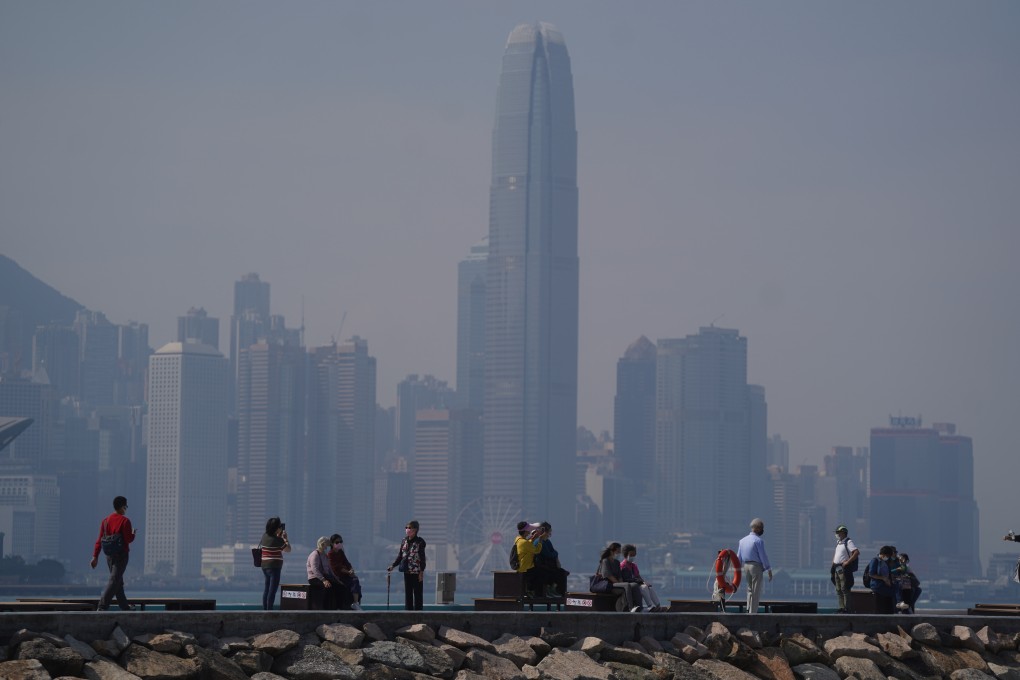Editorial | Pollution still an issue as Covid fight goes on
- While the epidemic has resulted in less traffic and cleaner air, there is still a need for deeper reflection on the longer-term strategy to fight pollution, including tackling the mounting virus-related municipal waste

The damage of the Covid-19 pandemic is still unfolding as the Omicron variant continues to wreak havoc across the globe. But if the prolonged battle has silver linings, it would be less traffic and cleaner air for the people.
According to official data, the repeated lockdowns have helped ease pollution in Hong Kong in 2020. Welcoming as it is, the impact is apparently not for long though.
Analyses by Clean Air Network found that the annual average concentrations of major air pollutants – nitrogen dioxide (NO2), respirable suspended particulates (PM10), fine suspended particulates (PM2.5) and ozone (O3) – all increased last year from 2020 levels by 3 to 12 per cent.
This is not surprising. Before the onslaught of the Omicron variant last month, city life was moving back to normal thanks to the relatively stable epidemic last year. The relaxation in social distancing and work from home arrangements means there had been more traffic and emissions.

While last year’s pollutant figures are still lower than the pre-Covid levels, some are still four to seven times of those recommended by the World Health Organization. The situation is hardly reassuring. If estimates by the green group are any reference, the worsened air quality translates into 1,329 premature deaths and economic losses totalling HK$15.8 billion (US$2 billion), which are 5 per cent more than the previous year.
